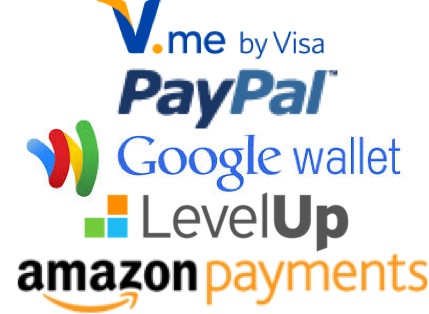Who do you trust with your identity?
This is the second in a series of articles, which started with The long goodbye to passwords. You might want to read that first, if you haven't already. Let's start with a few questions: Have you ever had your password exposed by hackers, such as was done with Adobe, Gawker, Cupid Media, Stratfor, Yahoo and Sony users? When you go to a web site to buy something, and they offer to store your credit card information, do you let them? If you answered yes to #2 above, what sites do you say yes to, and why? How many companies have direct access to your bank account, such as PayPal, other payment service, or a stock brokerage? Have you been pwned?* Let's start with question number one. Has a password of yours been revealed by having an account hacked? You might not even know it. Troy Hunt operated a very interesting site called ';--have i been pwned? where he has collected many of the files stolen from web sites by hackers (and subsequently released online) and made an interface where you can search by username or e-mail and see if it shows up in any of the files. Adboe itself had over…

